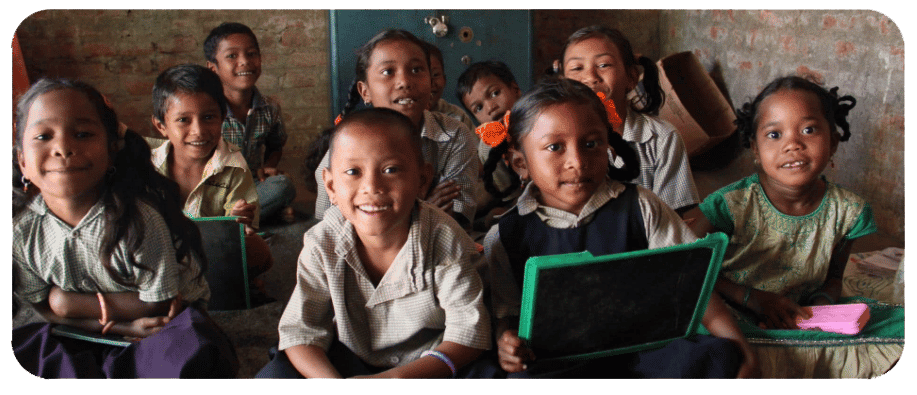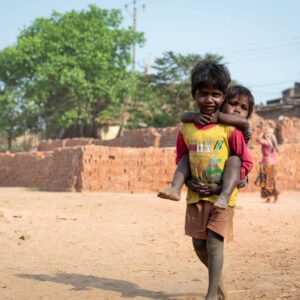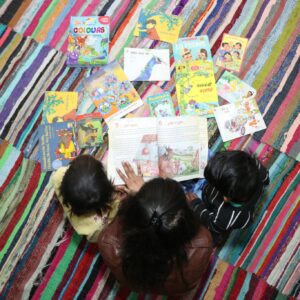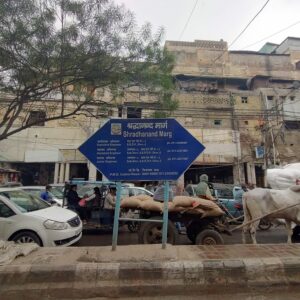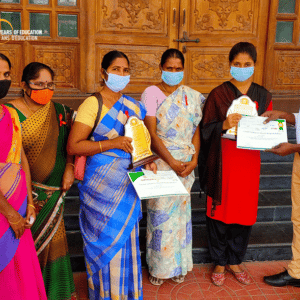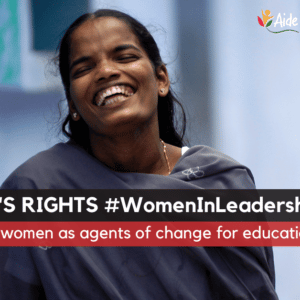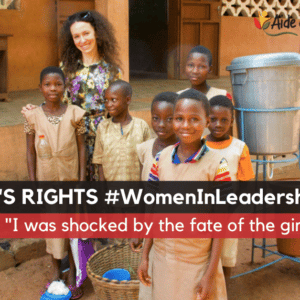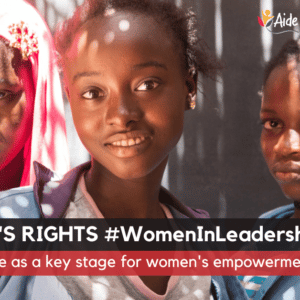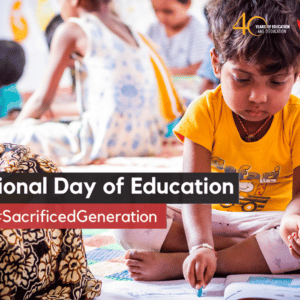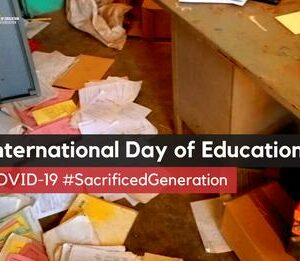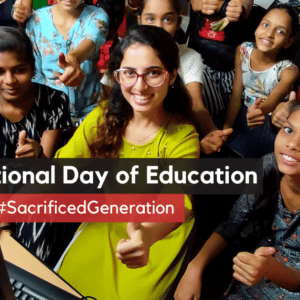In Guinea, our Girls-Friendly School
project aims to contribute to the emergence of an environment favorable to the
schooling, retention and success of children in school, especially girls. A
teacher and a student explain to us how he made a
difference.
Complementary courses changed my life
“My name is Bilguissa Camara and I am
a student in the second grade at General Lansana-Conté high school in Koba,
Guinea. I did my primary studies at the Tatema school built by Aide et Action
and which benefited from the Girls-Friendly School Project. Before its
implementation, I had repeated the CM2 class and had not been able to go to
college. Thanks to this project, I was able to overcome my learning
difficulties. A teachers’ association has been set up, with the support of Aide
et Action, to give additional lessons to students. This support was very
important to my success in cheering me up, encouraging me to stay in school and
allowing me to fill my gaps. I am fatherless and motherless and would not have
been able to afford tutoring. It was decisive since the second attempt at the
end of primary school exam was the right one. I see myself today as a
privileged girl. I have successfully completed primary school and am only two
years away from the final year. What few girls are fortunate enough to achieve.
My dream is to become a banker for a better life. Without education, it would
never have been possible.”
The great merit of the association is to
have built relations of dialogue
“I am Yattara Binty Ndiaye, director
of the Tatema primary school and president of the Koba teachers’ association.
My first meeting with Aide et Action dates back a very long time. I was a
teacher in a school built by the association. These ties were reinforced with
the Girls’ Friendly School project, which was quite different from what we used
to see. In fact, he was interested not only in enrolling girls in school, but
especially in attendance and the completion of the primary cycle by passing the
college entrance exam. This is how Aide et Action led to the establishment of
an association of female teachers in Koba. The association offered
complementary courses to pupils with difficulties noted. She raised awareness
in the communities for the enrollment of girls, especially in school, and
addressed families whose children accused of irregularity in attendance. The
great merit of the association is to have built relationships of dialogue
between families and the school. And what is positive is that we are involved
in solving the problems that hinder students’ success in school. Thanks to the
project, the association of women teachers, of which I am the president, has
received great recognition from educational authorities and local authorities.
Our teaching colleagues now call on our association to improve the education of
students.”
Last year, the Girls’ Friendly School project
supported 5,000 children, 4,000 adults, 150 teachers and 21 schools. Its
objective is to respond to the three problems that the Guinean school faces:
the low enrollment of girls in rural areas, the high dropout rate and
insufficient involvement of communities and parents in the management of the
school. By acting on these brakes and promoting quality education for all, Aide
et Action is convinced that the lives of future generations can be profoundly
improved.


